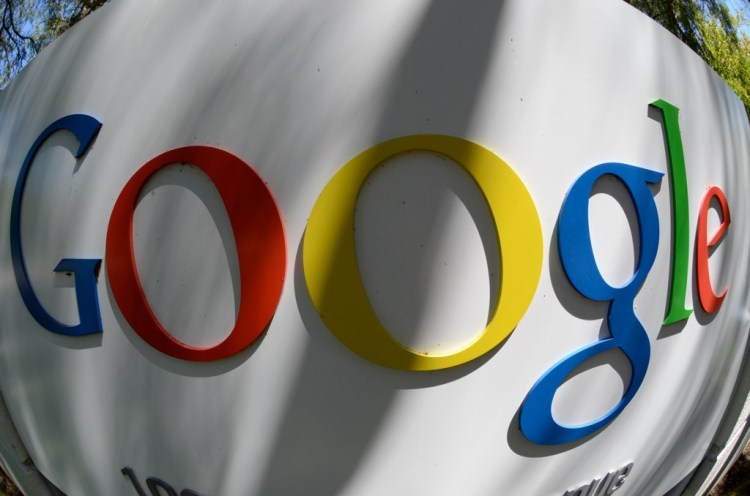The Google Compute Engine, Google’s answer to top public cloud Amazon Web Services, has been generally available for just six months, but it’s already become a service that IT buyers need to watch.
In the latest edition of technology analyst firm Gartner’s influential magic quadrant report on cloud infrastructure as a service, Lydia Leong, Douglas Toombs, Bob Gill, Gregor Petri, and Tiny Haynes stuck Google in the visionary quadrant. That puts the tech giant ahead of HP, Joyent, Rackspace, VMware, and others that have done business in the public cloud market for far longer than Google.
Amazon’s cloud remains “the overwhelming market share leader,” “a thought leader,” and “extraordinarily innovative, exceptionally agile, and very responsive to the market,” the Gartner analysts wrote. But that hasn’t stopped Google from popping up in many cloud-business conversations, along with Microsoft, which managed to secure a better position in today’s report relative to the one that hit last August.
“AWS is beginning to face significant competition — from Microsoft in the traditional business market, and from Google in the cloud-native market,” the analysts wrote. “AWS currently has a multiyear competitive advantage, but is no longer the only fast-moving, innovative, global-class provider in the market.”
Google’s noted strengths include the time it takes to start using its cloud infrastructure.
“Provisioning is exceptionally fast (typically [less than] one minute),” the analysts wrote.
Google is coming out with new features fast, and it also gets points for blurring the lines between raw and highly adjustable infrastructure-as-a-service and more easy-to-use platform as a service.
That vision will “enable customers to choose their trade-offs between control and automated management,” as Leong et. al. put it.
But she and the others tacked on some serious caveats. Having been around for less than a year (compare it with Amazon’s core cloud services, which have been around since 2006), it still lacks a strong track record, they said.
What’s more, Google is “still learning to engage with enterprise and midmarket customers, and needs to expand its sales, solutions engineering, and support capabilities,” the analysts noted. “Furthermore, Google needs to earn the trust of businesses.”
That mirrors the lack of announcements of customer wins for the Google Compute Engine. Amazon has far more customers.
And although Google’s cloud can be a good fit for applications built on a cloud from the ground up, it might be less well suited for applications that started out in a company’s on-premises data center.
Altogether, the analysts conclude, people view Google cloud as a future market leader. So for now it’s worth watching how Google tackles its weak points.


